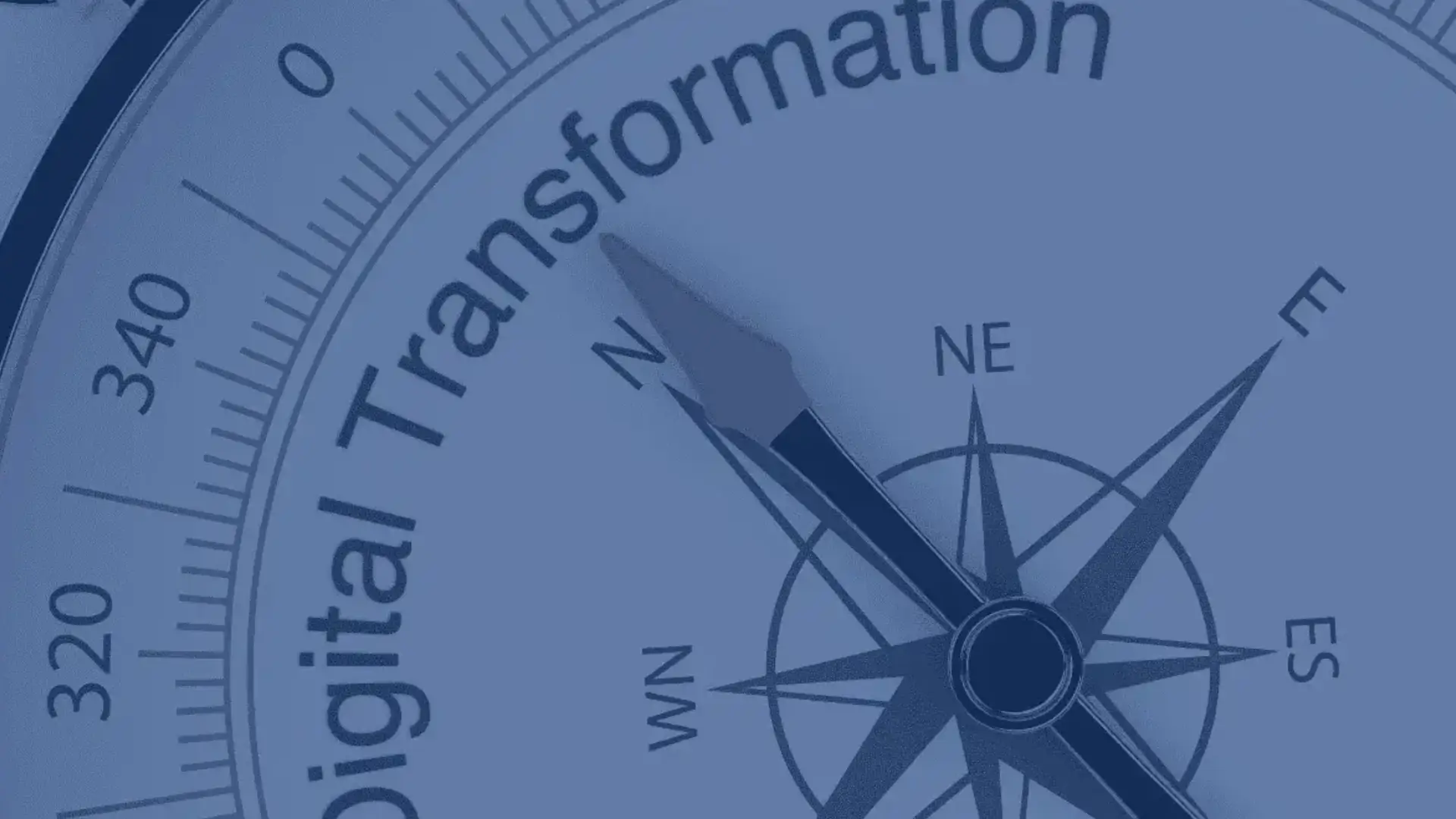
New research urges governments to invest in healthcare digitization
The Partnership for Health System Sustainability and Resilience, or PHSSR, published research in November. The research highlighted the urgency for governments to address gaps in healthcare. Jan-Willem Scheijgrond, global head of government and public affairs at Philips, spoke with HIMSS about the research findings.
In regards to the importance of PHSSR’s research, Jan-Willem Scheijgrond says during the pandemic, the rest of the healthcare system in England and Wales was shut down, and Philips was looking into how to deal with the COVID situation. They were considering what new approaches they could implement to combat the pandemic while maintaining normal operations elsewhere in the healthcare sector. At some point, they moved on to inventing algorithms for use in diagnostics like bedside X-ray and bedside ultrasonography. With the question “Can we define what resilience means? ” the World Economic Forum began working with the London School of Economics and AstraZeneca. This is why LSE created their own approach to use alongside the WHO’s. Moreover, now that COVID has tested the healthcare system’s resilience, we must determine whether or not we can have a health care system that can last.
When asked about the six pillars in the healthcare system, Jan-Willem Scheijgrond said, the healthcare system rests on “six pillars,” each of which must be in place for the others to function properly. You have the governance, financing, service delivery, health workforce, technology and medicine and data. How do you know if your healthcare system is working so that your governance and other systems can begin to function? In order to learn what factors would establish something’s resilience, the London School of Economics turned that into more than 400 questions pertaining to those six pillars. During COVID, our nation’s healthcare system’s flaws were exposed in a glaring light. That PHSSR tool served a crucial function, and its time has come.
When asked about what he thinks improving interoperability would help people gain the data that they need, Jan-Willem Scheijgrond said Many nations did not make their data public. In Japan, they possessed death data and could determine which district was experiencing an increase in COVID mortality, but they did not communicate this information. Abu Dhabi, in the heart of COVID, was organizing the 2020 World Expo. This is governance once more. How can you guarantee that data is accessible and transparent?
The following year, I believe it was 2021, they said, “Okay, if we simply had the data to assist us predict.” So, the government said, “Well, if we can connect 300 different dashboards regarding COVID that we have in the country, can we then use predictive analytics to determine how COVID will spread at the expo under these conditions?” So, they began to build scenarios, and once they were confident enough in the data, they were able to open the expo to enormous crowds without ever having to implement a lockdown. If you can forecast outcomes, if you can predict advancements in your healthcare system, then you enable governments to take the correct interventions, such as opening the World Expo, where you can reasonably predict the effect of your intervention.
In regards to what are the next steps for PHSSR, Jan-Willem Scheijgrond said, the London School of Economics and the World Bank are collaborating to enhance healthcare in 21 nations worldwide. To get more specific, we return to the country because there is where the task must be done. A significant portion of the content consists of country-specific advice. We must have global and local credibility before engaging in stakeholder discussions and asking, “What does this imply for us?” Few people are aware that the healthcare industry is one of the most polluting industries in the world and emits more CO2 than the aviation industry. As a healthcare industry, we must assume responsibility for our impact on the environment. Developing more resilient healthcare systems that are more productive and invest in data and technology will be more environmentally friendly.
Source: healthcareitnews
🔥 Trending Stories
14 Tech Leaders Offer Their Best Pieces of Advice to New Entrepreneurs
Ultimate Guide For Hiring On-demand Developers For Your Startup
Top 25 Digital Transformation Influencers You Need to Follow













